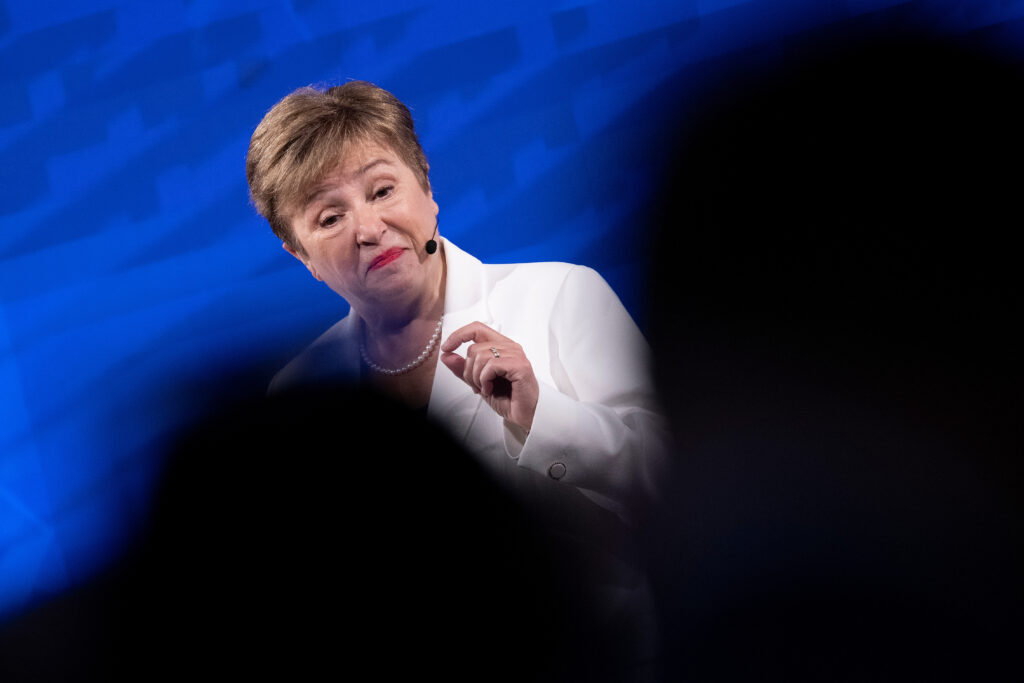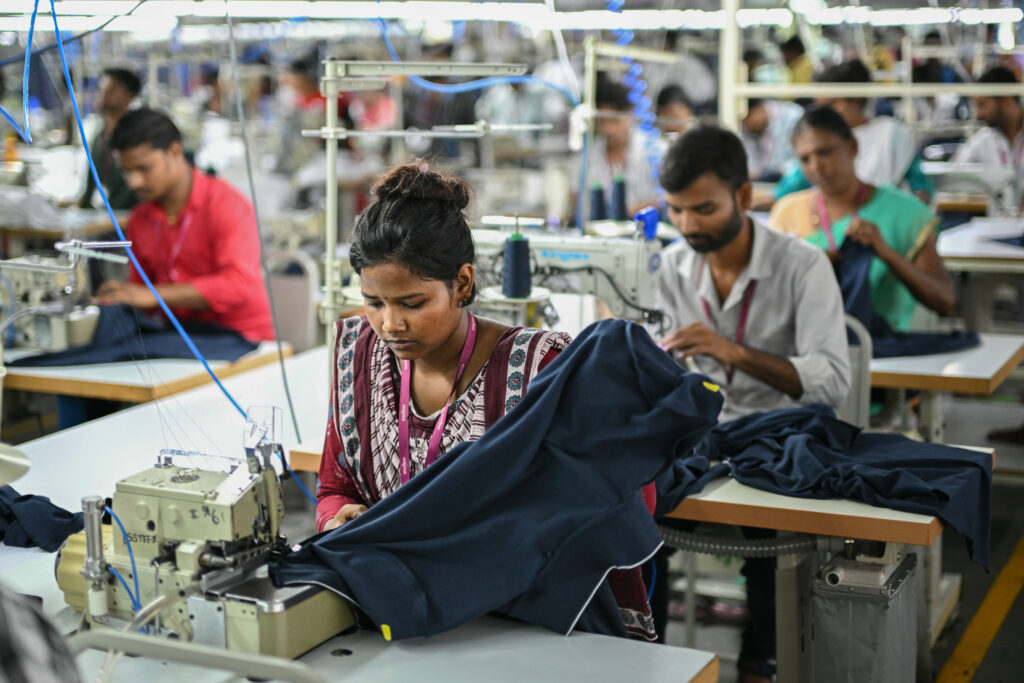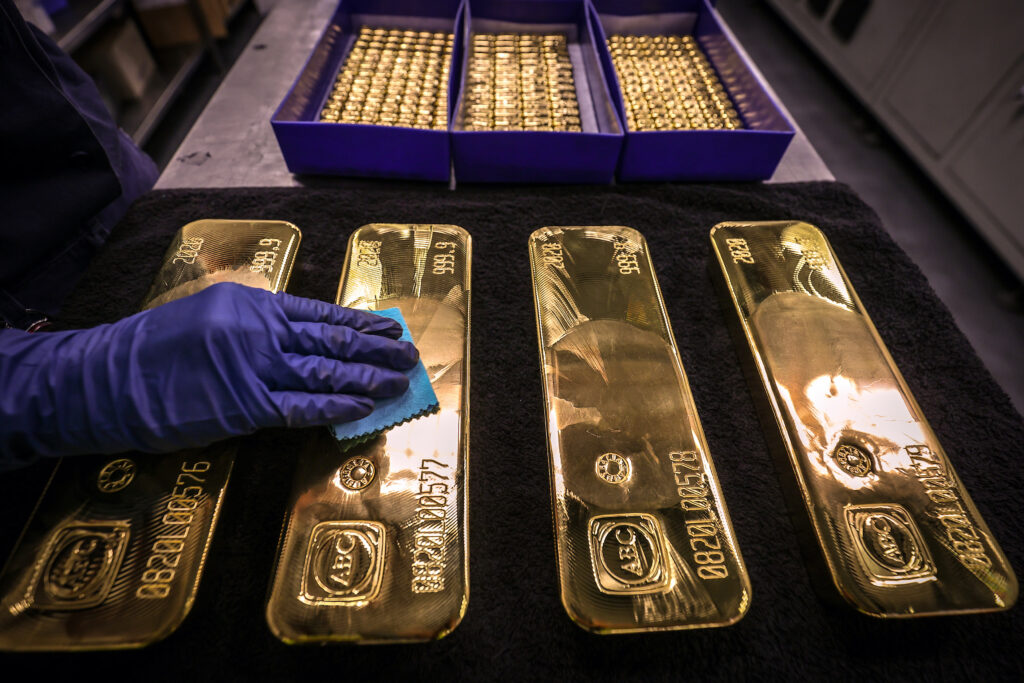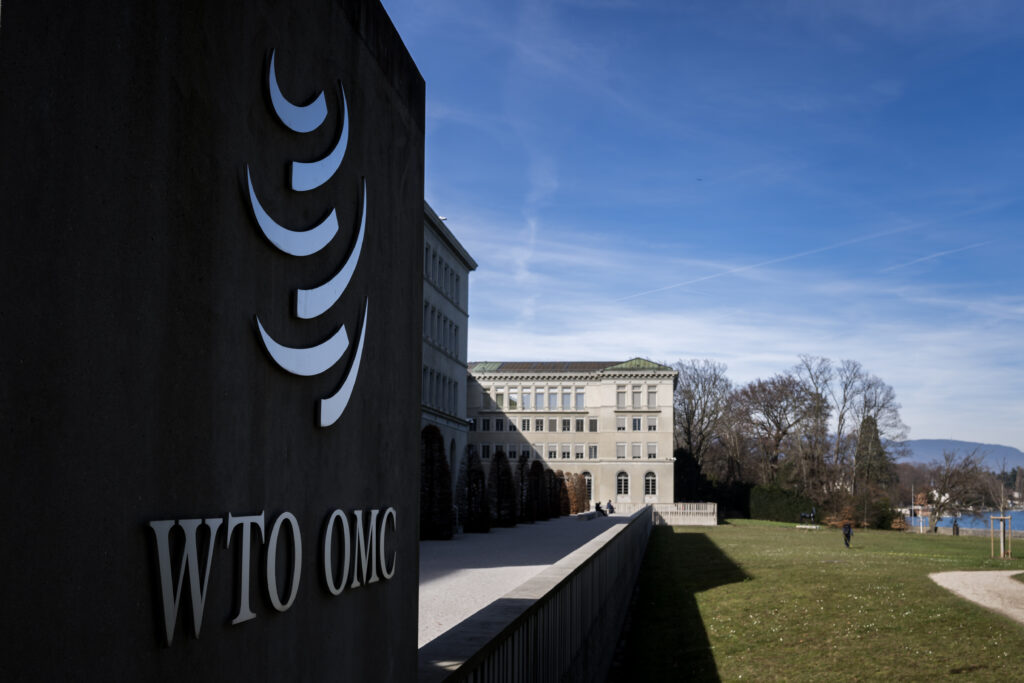Gold tops $4,000 for first time on political, economic worries
Gold topped $4,000 an ounce for the first time Wednesday as investors flocked to the safe haven metal on worries over the US government shutdown, France’s political crisis and other global economic uncertainties.US and European stock markets rose while Asian equities fell as investors also kept tabs on the AI investment boom and the prospect of further US interest rate cuts this year.Gold, considered a safe investment in times of uncertainty, reached an all-time high of nearly $4,060 an ounce Wednesday. Silver also rose close to a record high.”Gold is continuing to glitter, and it is a gift that keeps on giving,” said Fawad Razaqzada, market analyst at City Index and Forex.com.”Markets hate uncertainty, and right now, it’s in no short supply –- although stocks haven’t exactly sold off,” he added.”Instead, it is gold that continues to benefit from haven flows while stock markets continue to find buyers on the dips too,” he added.- US political deadlock -Parts of the US government began to close last week after Democrats and President Donald Trump failed to break a deadlock over spending.Steve Clayton, head of equity funds at Hargreaves Lansdown, noted that the price of gold had doubled over the last two years.While France’s political upheaval has contributed to the gold rush, the Paris stock market rose on Wednesday.President Emmanuel Macron is facing the worst domestic crisis of his mandate following the departure of his latest prime minister over a deadlocked debate on an austerity budget.Frankfurt’s DAX was also higher following mixed economic news.The German government raised its growth forecast for 2025 from zero to 0.2 percent growth, and its 2026 projection from one to 1.3 percent.Earlier, however, official data showed a sharp decline in industrial production in August, particularly in the automotive sector.Back in New York, investors have largely shrugged off the shutdown, viewing the negative impacts as likely to be reversed once the government reopens.But Art Hogan of B. Riley Wealth Management said lingering worries about the shutdown could become more consequential once earnings season gets underway in earnest if companies express caution over their outlook.There “could be a self-fulfilling slowdown in economic growth,” Hogan said.For now, US stocks continue to drift higher. Both the S&P 500 and Nasdaq ended at records.”Traders seem to consider the shutdown no more than a mild inconvenience due to the postponement of certain economic data releases,” said David Morrison, analyst at Trade Nation.”Instead, investors continue to expect more upside in US equities, supported by ongoing investment in artificial intelligence, along with the prospect of 50 basis-points-worth of rate cuts before the year-end,” he said.Futures markets expect the Fed to cut interest rates later this month.Among individual companies, chip company Advanced Micro Devices piled on 11.4 percent, extending a rally following an announcement of a big deal with OpenAI earlier this week. Fellow semiconductor companies Nvidia and Micron also rose.- Key figures at around 2020 GMT -New York – Dow: FLAT at 46,601.78 New York – S&P 500: UP 0.6 percent to 6,753.72New York – Nasdaq Composite: UP 1.1 percent to 23,043.38 London – FTSE 100: UP 0.7 percent at 9,548.87 (close)Paris – CAC 40: UP 1.1 percent at 8,060.13 (close)Frankfurt – DAX: UP 0.9 percent at 24,497.13 (close)Tokyo – Nikkei 225: DOWN 0.5 percent at 47,734.99 (close)Hong Kong – Hang Seng Index: DOWN 0.5 percent at 26,829.46 (close)Shanghai – Composite: Closed for a holidayEuro/dollar: DOWN at $1.1628 from $1.1657 on TuesdayPound/dollar: DOWN at $1.3401 from $1.3426Dollar/yen: UP at 152.64 yen from 152.70 yenEuro/pound: DOWN at 86.78 pence from 86.93 penceBrent North Sea Crude: UP 1.2 percent at $66.25 per barrelWest Texas Intermediate: UP 1.3 percent at $62.55 per barrel






